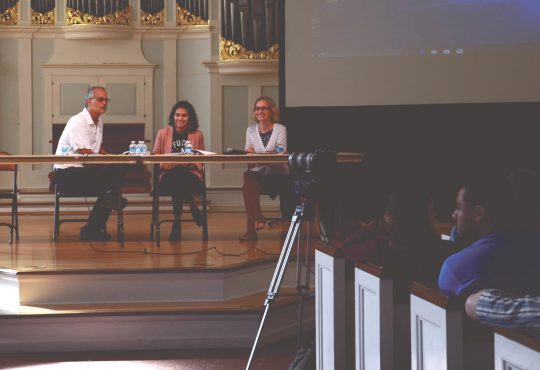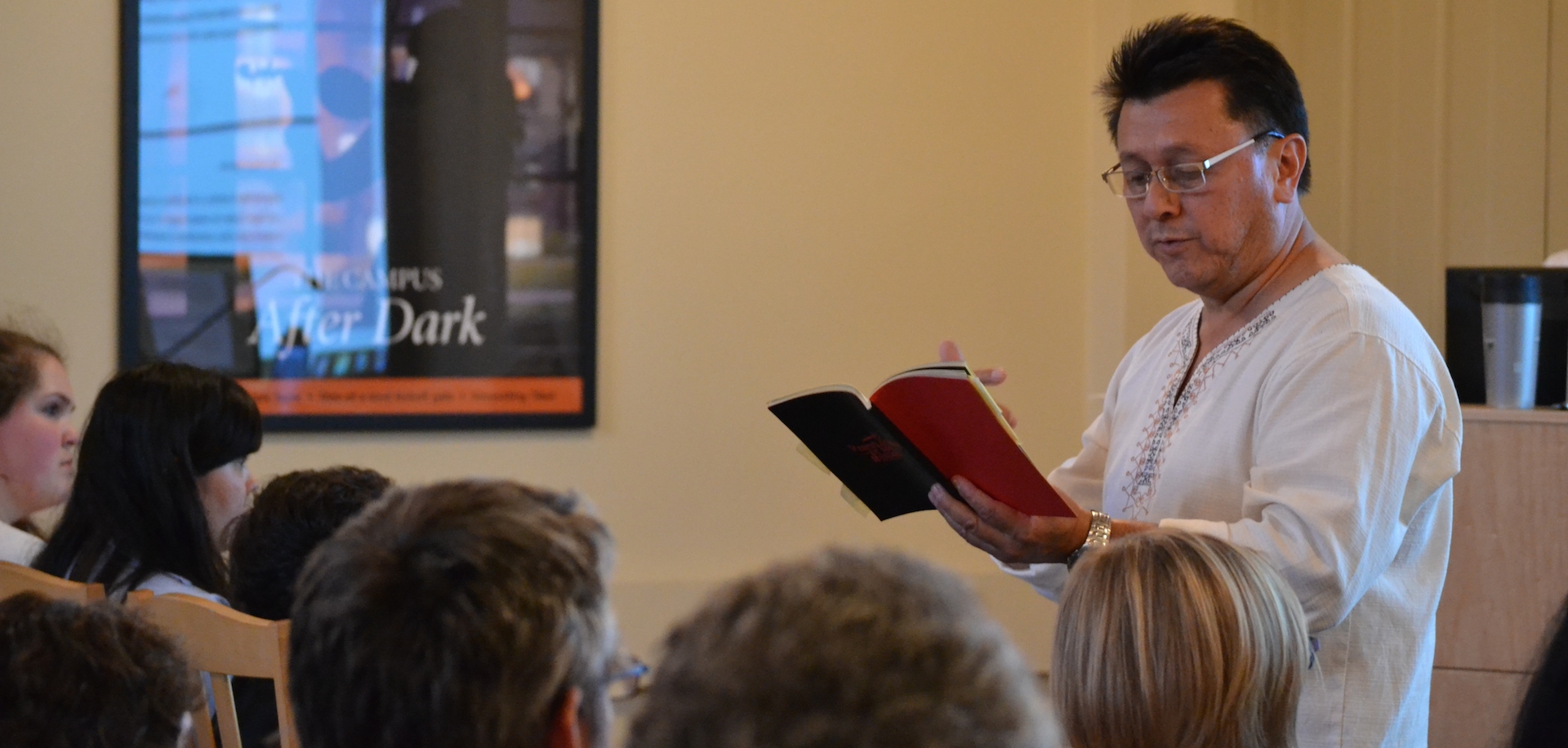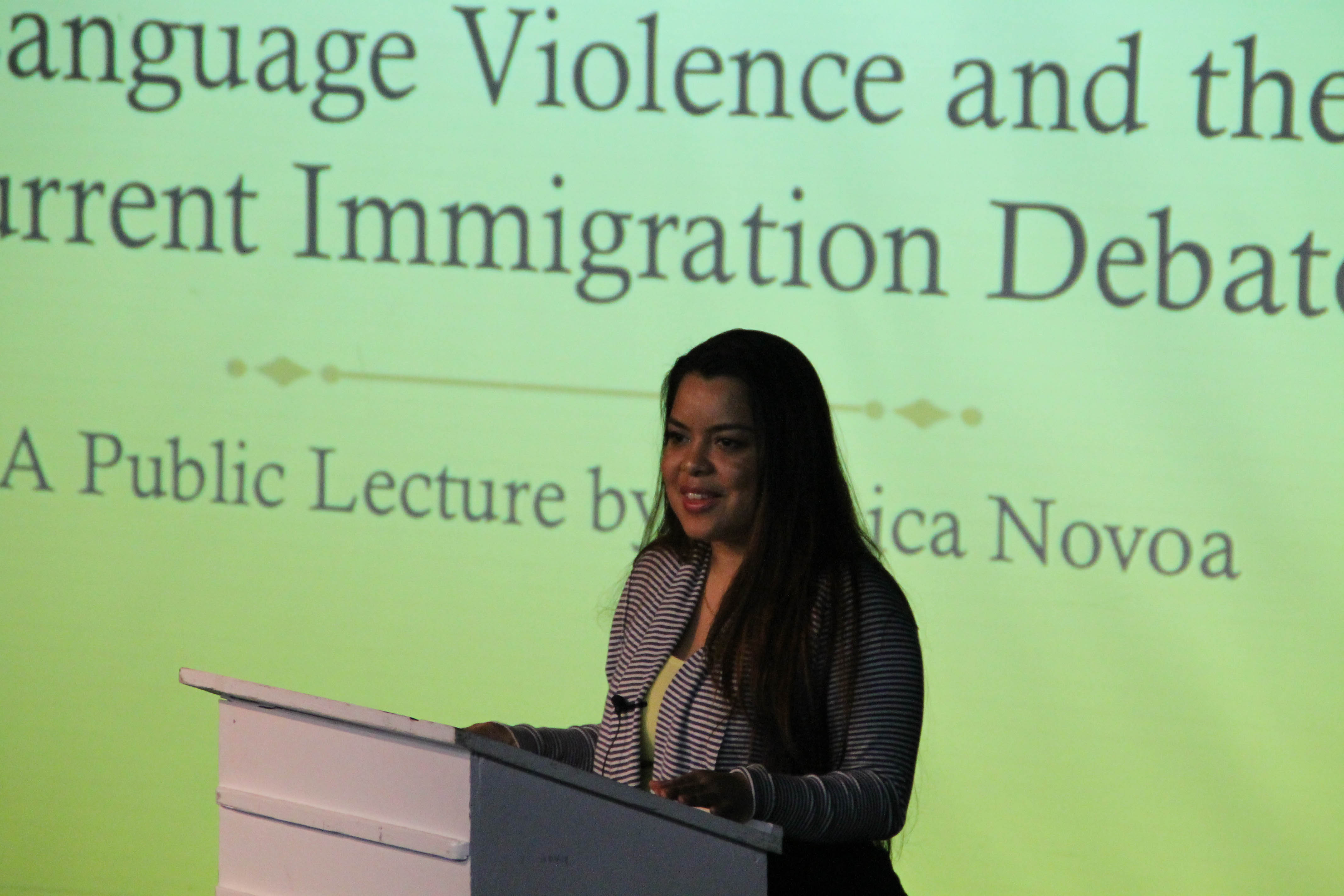To Whom It May Concern,
I am writing to counter George Martinson’s Letter to the Editor published in the April 11th edition of The Trail where he responds to Mariana Molina’s powerful Letter published on March 14th. While I do not doubt the sincerity of Martinson’s Letter, it is my opinion that his piece is ultimately ill-informed, misguided, and rhetorically problematic.
Martinson’s Letter is ill-informed in a two-fold manner. First, its statement concerning the financial status of Mariana’s family is incredibly, and shockingly, presumptuous. I have zero knowledge of her personal situation, but I do know that the majority of students at Puget Sound receive some sort of aid, whether it is merit- or need-based. Second, referencing the immigration process he and his Philippina wife took is as fallacious as comparing apples to oranges. The wait for family-based visas varies by country due to the quota system instituted by US immigration law and the administrative backlog can cause decades-long waits for individuals from countries like Mexico. That wait time, of course, assumes that there is a US-citizen sponsor in the first place, a luxury that too many individuals do not have.
His letter is misguided because of how it responds to Mariana’s article. Yes, she made the very brave decision to no longer hide her immigration status. Yet, this was done to make a broader point: that our campus is lacking a proper support system for students of color and that a lack of faculty diversity amplifies the feelings of “Otherness” that many of these students experience. The choice to seize upon the personal history of Mariana and her family strikes me as utterly non-responsive to her claims and wholly counterproductive to the discussions we should be having as a campus community. Further, that Martinson dictates what the Molina family should have done is offensive paternalism; every situation is unique and whitewashing the invariably complex circumstances of individual families is not useful or warranted.
Last, and of great importance, is the rhetorically problematic usage of “illegally” to describe the path by which Mariana and her family came to the US. As Mariana rightfully notes in her article, the term and its various conjugations are dehumanizing insofar as they demonize as criminals individuals who have been forced to leave their home countries due to the devastating effects of US economic and foreign policy decisions. Recognizing our shared humanity is not only ethical, but also essential for future immigration reform policies that are just, practical, and pragmatic.
Thank you for allowing me to participate in this timely and crucially necessary discussion.
Sincerely,
Jake Novack



